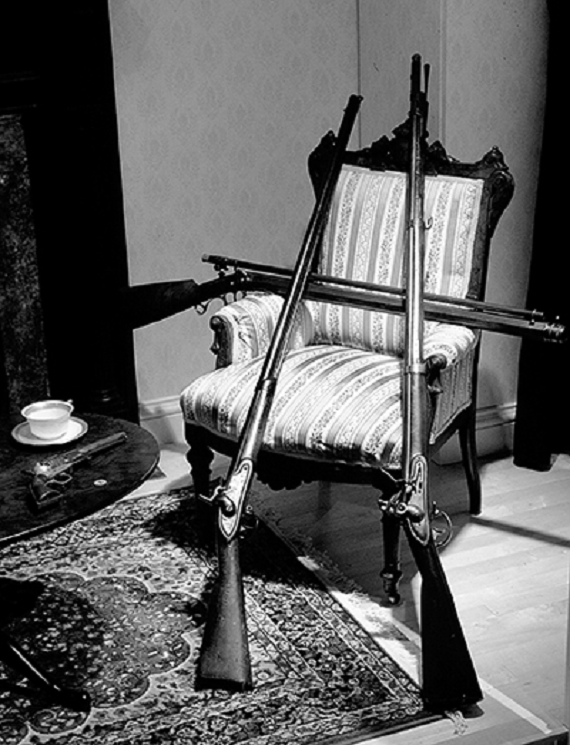
Literature, be it works of fact or fiction, might well be described as a window through which the reader is invited to view the world as the author chooses to see it. Between fact and fiction though there is a third world in which the writer is granted literary license to transform the two other worlds into the fantastic realm of alternate history . . . the land of what might have been.
The route to an alternate history was first taken by the Roman historian Titus Livius over two thousand years ago when he imagined that Alexander the Great had survived his Asian adventures and returned to Europe to fight a losing war against the Roman Empire. This genre did not, however, become truly popular until the early years of the Nineteenth Century when a French author, Louis Geoffroy, envisioned Napoleon defeating Russia, invading England and ultimately ruling the world. While both the First and Second World Wars brought forth many examples of alternate history, the War Between the States has perhaps accounted for the greatest number, with over fifty authors producing such works. The two earliest examples of this were novels in which the Confederacy became a nation without war . . . the first being Frank Williams’ fanciful 1900 tale “Hallie Marshall” in which an abolitionist Yankee wakes from a Rip van Winkle-like sleep and finds himself at a plantation in the independent Confederate States of America. Three years later, Ernest Crosby wrote “If the South Had Been Allowed to Go,” a polemic in which the author described the War Between the States as one of Northern corruption and America’s first imperialist war. Crosby then offered an alternative world in which the South was allowed to go in peace and slavery had finally been ended by the slaves themselves all fleeing north from the Confederacy.
More @ The Abbeville Institute

If only !!!
ReplyDelete!!!!!!!!:)
Delete